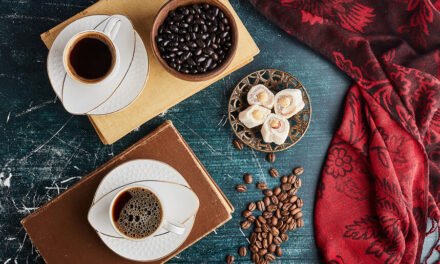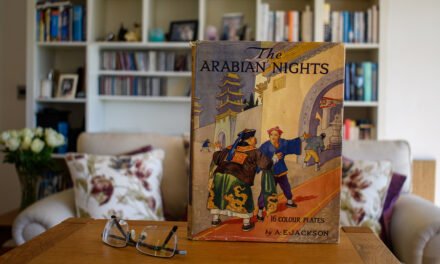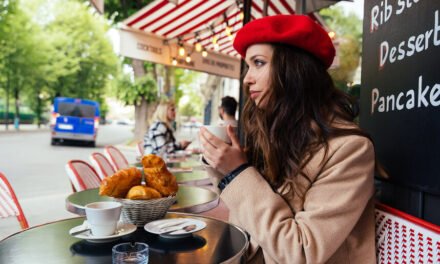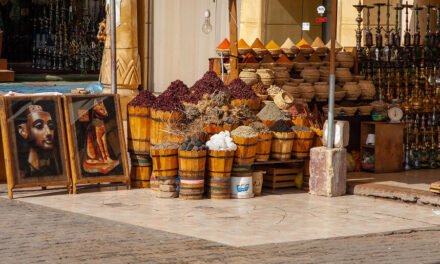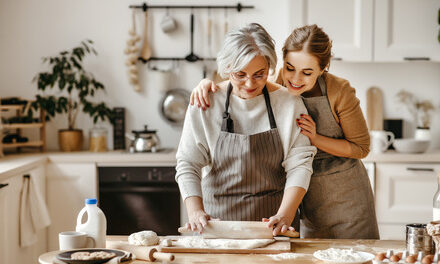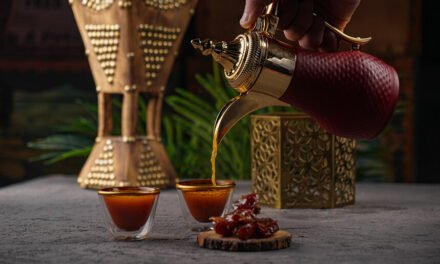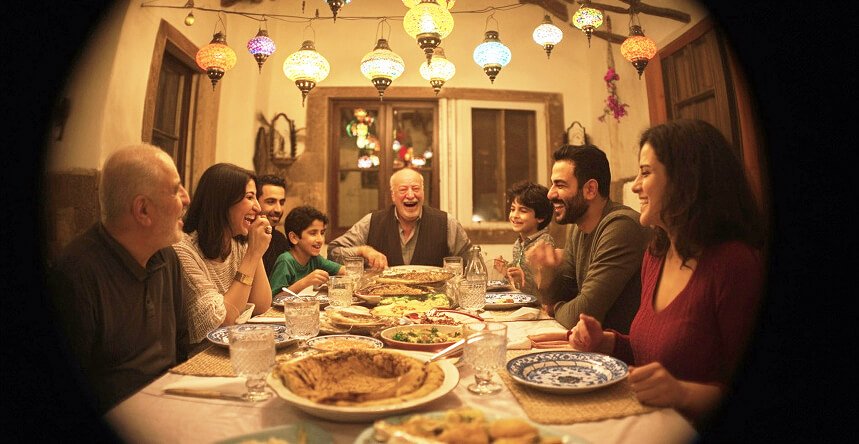Celebrating Global Day of Parents Through the Culinary Legacy of Middle Eastern Families
“The kitchen is where memories simmer, and every recipe is a handwritten love letter from one generation to the next.”
On Global Day of Parents, while the world pauses to honor the architects of our upbringing, we turn not to textbooks or timelines, but to the humble family kitchen—a sanctuary where heritage is kneaded into dough, stirred into pots, and passed lovingly from hand to hand.
In the Middle East, parenting doesn’t end at goodnight kisses or morning blessings—it lingers in every cardamom-scented memory and every whisper of za’atar brushed across warm bread. Here, family recipes are more than sustenance; they are scripts of survival, identity, and devotion.
The Heirloom You Can Taste
Ask any Middle Eastern parent about their most precious inheritance, and they may not speak of jewelry or land, but of their mother’s mahshi recipe, their father’s secret spice blend for kebabs, or the way their grandmother infused rosewater into everything from tea to tales.
Each dish is a chapter in an epic that spans centuries:
- Kibbeh that carries the echo of Levantine mountains
- Dolma rolled with the patience of Anatolian grandmothers
- Harira brewed during Ramadan evenings with North African grace
- Qatayef folded like crescent moons and filled with the laughter of Eid
These recipes are family trees you can taste—where cumin is the common ancestor and saffron the golden thread that binds generations
The Art of Teaching Without Words
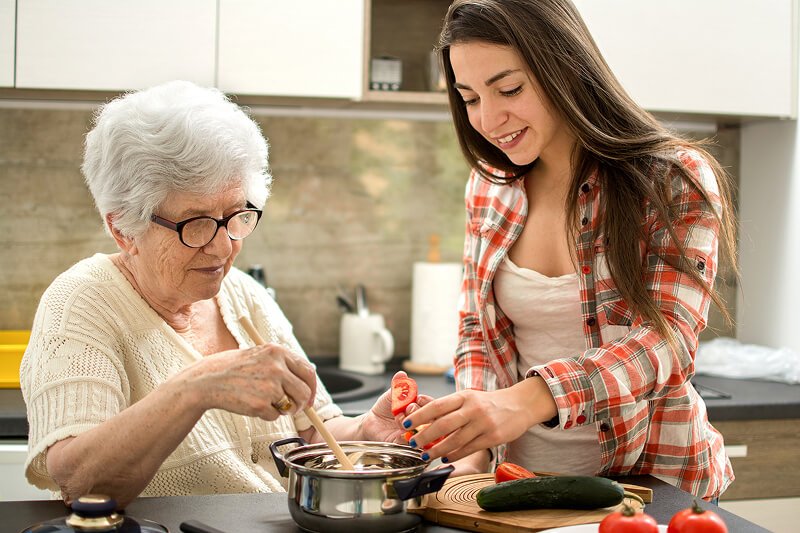
In many homes, these dishes are not written down. There are no measuring cups, only instinct. No timers, only trust. It is the art of knowing by feeling, taught in the hush of pre-dawn kitchens and the laughter of late-night gatherings.
A daughter learns her grandmother’s lentil soup not through a recipe card but by watching how she listens to the pot. A son masters the family shawarma marinade by smelling the air, not by checking the clock.
“They don’t teach you how to parent in books,” one Lebanese mother said. “They teach you through food, through patience, through the rhythm of repetition.
More Than Meals, These Are Memories
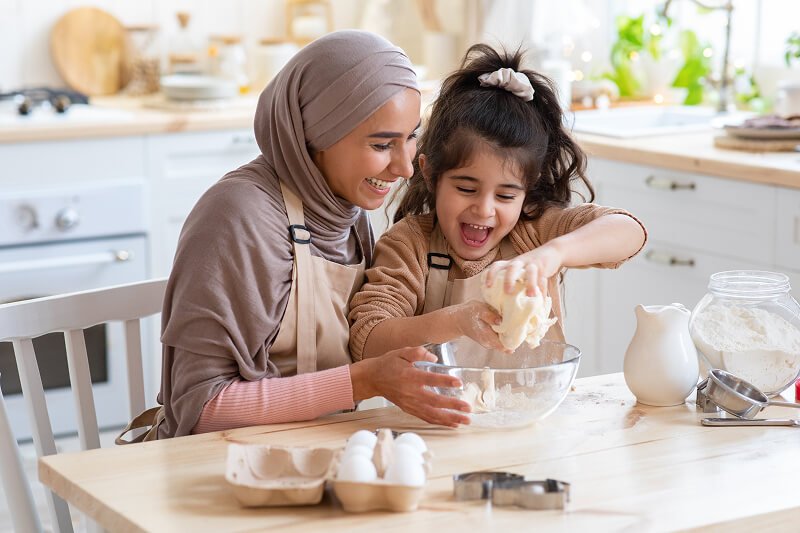
When parents feed their children the same dishes they once ate at their own mother’s table, something sacred happens. The act becomes a ceremony of continuity. A spoonful of mujaddara is suddenly a time machine. A whiff of baharat unlocks long-forgotten afternoons on sun-drenched terraces.
In a world spinning ever faster, these meals anchor us. They remind us that family isn’t just who we share blood with—it’s who we break bread with.
A Salute to the Culinary Custodians
This Global Day of Parents, let us not only thank our mothers and fathers for their sacrifices, but for their seasoning. For shaping our palates, our identities, and our sense of home. They are the original chefs of our character—the ones who flavored our futures with every meal.
So tonight, dust off that tattered recipe, the one your mother recited with her hands more than her words. Cook it. Share it. Tell its story. Let it speak not only of food but of legacy, love, and the timeless alchemy of family.
“Food is our common ground, a universal experience.” — James Beard
In Middle Eastern households, it’s also a language of love—spoken fluently by every parent who ever said, “Eat. You’ll feel better.”
Kibbeh: The Crown Jewel of the Family Table
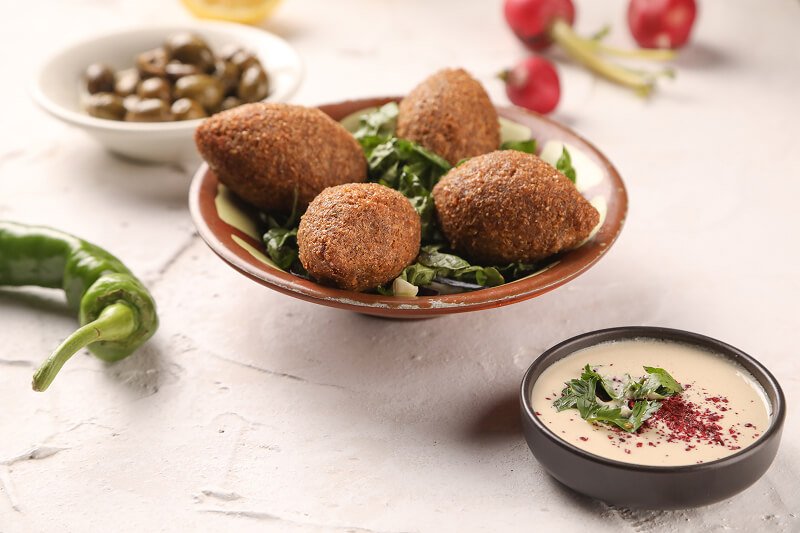
In every crunch of kibbeh, you can hear the footsteps of your ancestors walking home.
In the mountains of Lebanon, kibbeh isn’t just food—it’s a ceremony. Shaped by hand with stories, not spoons, the bulgur and beef mixture is pressed with precision, often by the hands of a mother who learned from her mother, who learned by watching in silence beside an open fire.
In a lot of homes, kibbeh was the centerpiece of Sunday—a day when the house smelled of cinnamon and allspice before the sun had even risen. Grandmothers would recite old proverbs as they worked the dough: “The secret to strong hands is strong women,” they’d say, as children watched them mold the little footballs with fingers that had raised a nation.
Try this timeless recipe:
Feel Good Foodie: Kibbeh Balls
Dolma: Patience Rolled in Leaves
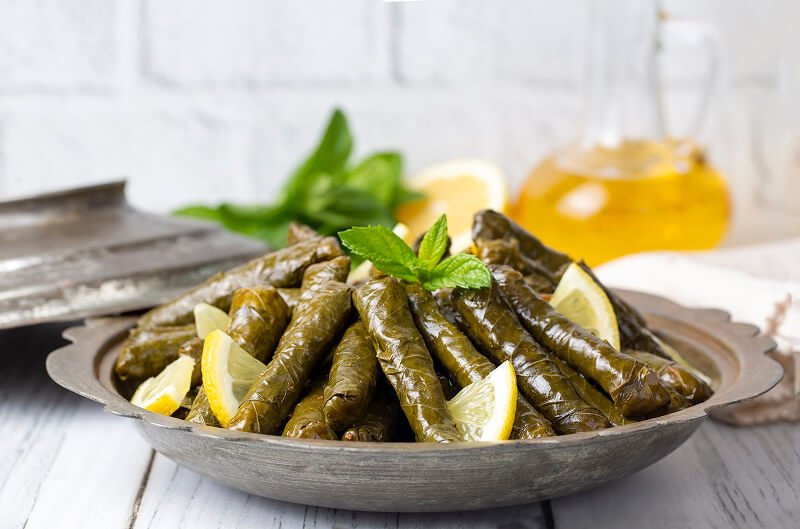
Rolling dolma teaches patience—one grape leaf at a time.
There is a rhythm to rolling dolma. In most families, it was a sacred drumbeat. Grab, fill, fold, roll, performed by three generations. Grape leaves, glistening in olive oil, became vessels for love and lineage.
It’s said that dolma falls apart when made in haste. The leaves won’t hold unless wrapped with calm hands and an unhurried heart. In that quiet truth lies more than a recipe, there’s a reminder to be still, to move with intention, and to listen deeply to what life is asking in return.
Recreate that moment with this recipe:
How to Make Armenian Dolma (Tolma): Quick Dolma Recipe
Harira: The Soup That Sings at Sundown
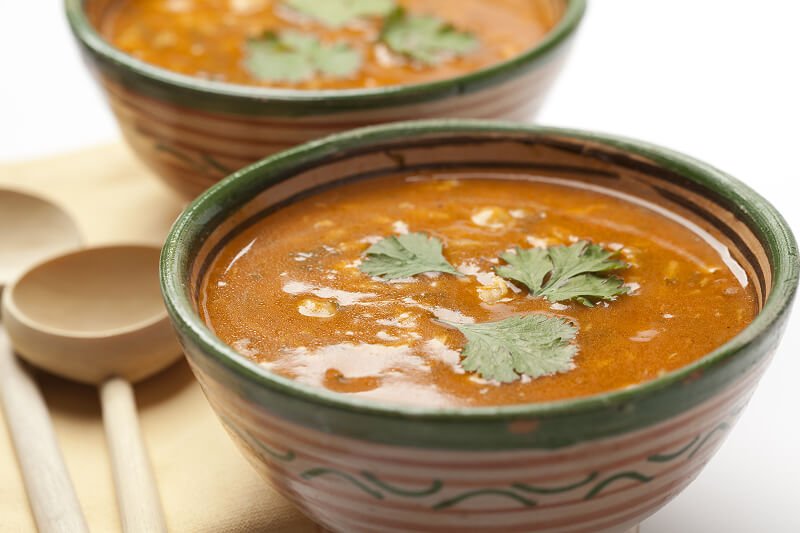
Harira doesn’t just break the fast—it breaks open your heart.
When the adhan echoed through the village at sundown during Ramadan, the first thing to hit the table wasn’t dates or bread—it was harira. Steaming, thick, and rich with lentils, chickpeas, tomatoes, and warm spices, harira is the culinary embrace after a long day of fasting and reflection.
Elders say that harira tasted best with a story. They’d sit down, sip, and begin: tales of their own boyhood, picking cilantro in the garden with their mothers, or sneaking leftover lamb from the pot. No need to write down the recipe. It’s remembered by heartbeats and laughter.
Make your own memory with this recipe:
The Mediterranean Dish: Moroccan Harira
Qatayef: Moon-Shaped Sweets of Memory
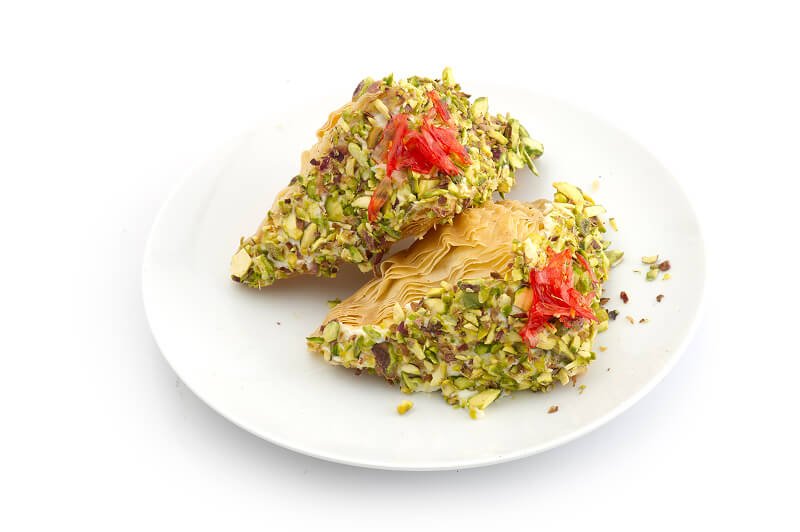
We called them ‘pancakes of the moon’ because my mother said they only showed up when we needed a little more joy.
Qatayef is joy made edible. Every Ramadan, they appeared like magic: small, spongy half-moons filled with crushed nuts, or creamy cheese, sealed with a pinch and fried to golden perfection. Then, like a final blessing, they were bathed in orange blossom syrup.
Children used to fight over who got to flip them. Mothers would laugh and say, “Let the most patient one flip—these are pastries of peace.” They were more than dessert. They were a symbol: of abundance, of sweetness, of reunion.
Bake up that nostalgia here:
Unicorns in the Kitchen: Qatayef Recipe





